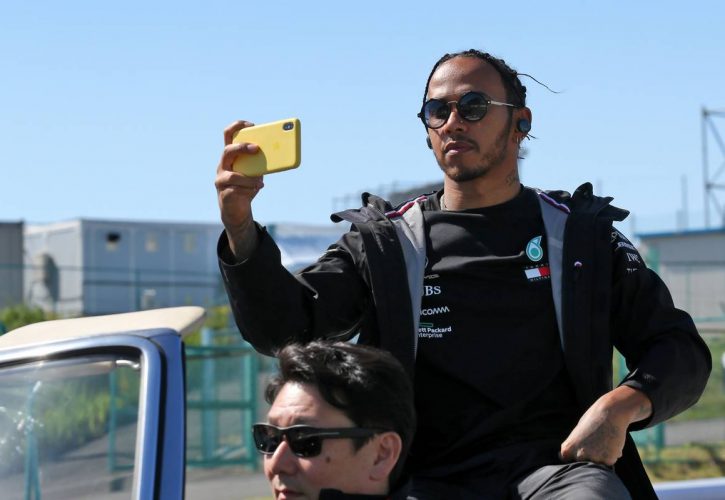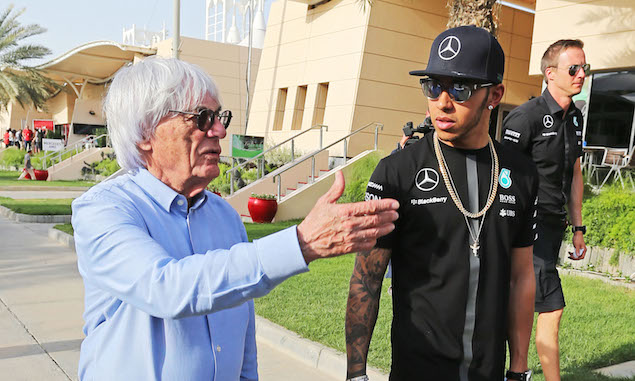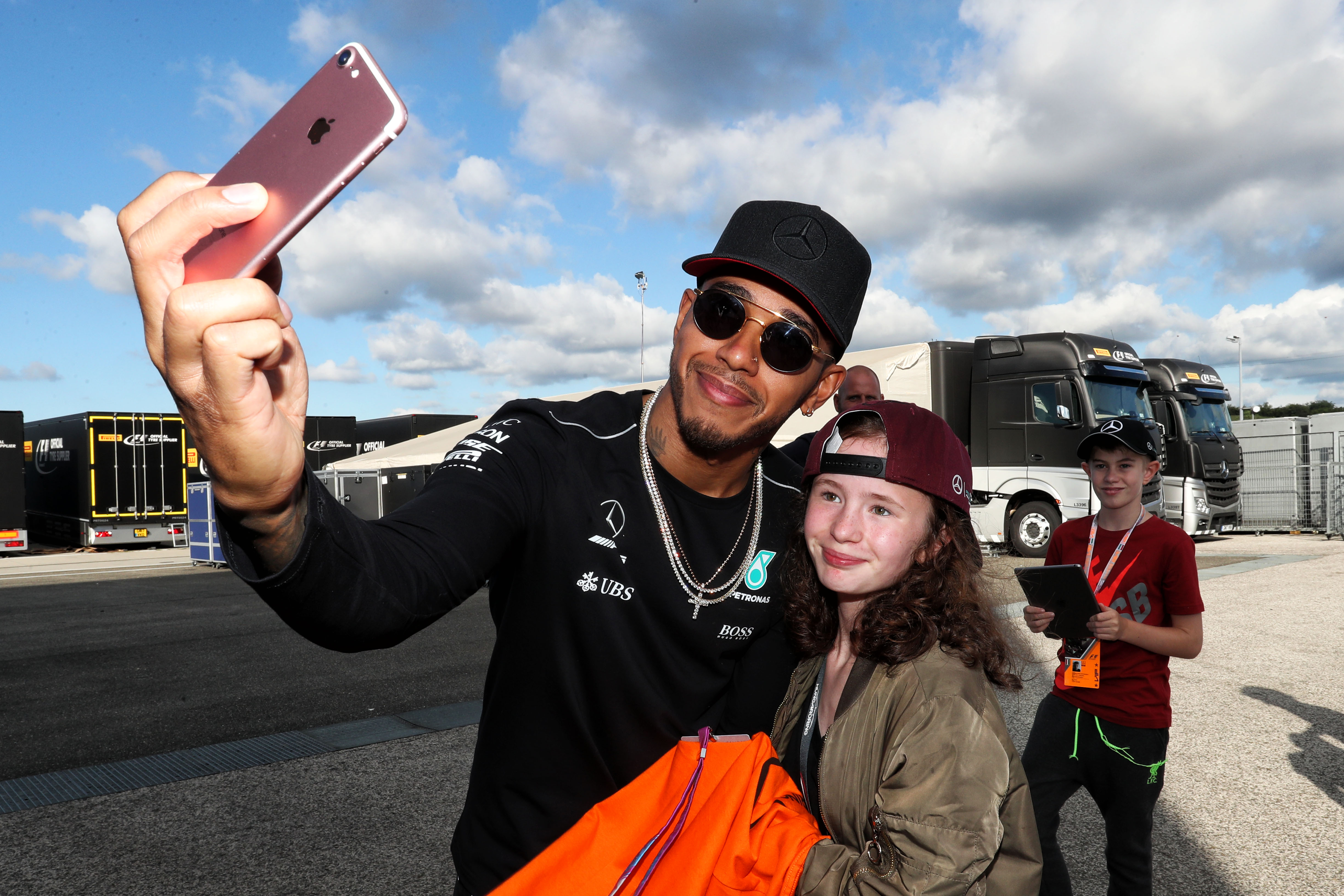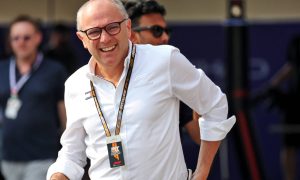
During his tenure at the helm of F1, Bernie Ecclestone enforced a zero-tolerance policy when it came to protecting the sport's image rights, as mega star Lewis Hamilton once found out.
Ecclestone's 40-year reign on Grand Prix racing was all-encompassing, but with the advent of the internet in the late 90s, the former supremo never saw the financial benefit of exploiting F1's presence on the web.
When social media emerged, Ecclestone was equally protective, strictly controlling the flux of images and video content with an ultra-restrictive policy.
Upon its acquisition of the sport in 2017, Liberty Media, aware - contrary to Ecclestone - of the importance of fan engagement in building a brand's goodwill, relaxed the social media rules, much to the delight of Hamilton and his millions of followers on Instagram and Twitter.
And the move also meant an end to Hamilton receiving 'cease and desist' letters from Formula One Management's legal department as F1's head of digital Frank Arthofer explained at the recent SportsPro OTT summit.
"A great story that Sean Bratches, who’s my boss and runs the business at F1 tells, is when Liberty bought the business [and] one of his first meetings was a lunch with Lewis Hamilton," Arthofer recounted, quoted in a report by RaceFans.net.
"Lewis brought with him to that lunch a stack of ‘cease and desist’ letters from Bernie Ecclestone because Lewis was taking clips of his onboards and posting them on his Instagram channel!
"And Lewis Hamilton, as I’m sure most of the audience knows, is arguably the biggest star in the history of the sport and has a huge crossover potential across urban culture, music, lifestyle.

"Working with the drivers and the teams in a more collaborative way to build the sport we think benefits not just Formula 1 but our partners, be that sponsors, broadcast partners and promoters.
"[It] is a really, really important component of the strategy and probably something we’re still in the early stages of doing well."
Arthofer underscored the importance of F1's digital assets in today's evolutive media world.
“F1 as of January 2017 was a 66-year-old business and a terrific brand, built largely by Bernie Ecclestone as the owner and proprietor of the business for for 40-odd years," said Arthofer.
“The Liberty thesis for buying F1 was best summed up in three areas. First it’s a global asset, which is an opportunity and a challenge, certainly, but I think in a world in which growth areas for many players and participants along the value chain is increasingly becoming a global proposition, the feeling was that there was an untapped opportunity and that it was well-situated for the future of the business.
"The second is the increasing value of live sport in the marketplace and I think that applies in a media context, but also an experiential context.

"We race in 21 countries, 21 grands prix and I think the value that’s accruing in live experiences in the modern economy is increasing.
"The third component was to a degree the areas of focus that Bernie had. I think he did a terrific job monetising the businesses – it’s a $2 billion dollar revenue business – but equally, didn’t invest for the future.
"He probably didn’t invest in areas like digital, which aren’t necessarily as creative from a pure profit potential in the near-term, but have long-term potential.
"There’s an old joke that Bernie signs the back of cheques, not the front. The business was quite lean when we took over and we’ve invested in it in order to build long-term asset value."
Gallery: The beautiful wives and girlfriends of F1 drivers
Keep up to date with all the F1 news via Facebook and Twitter






